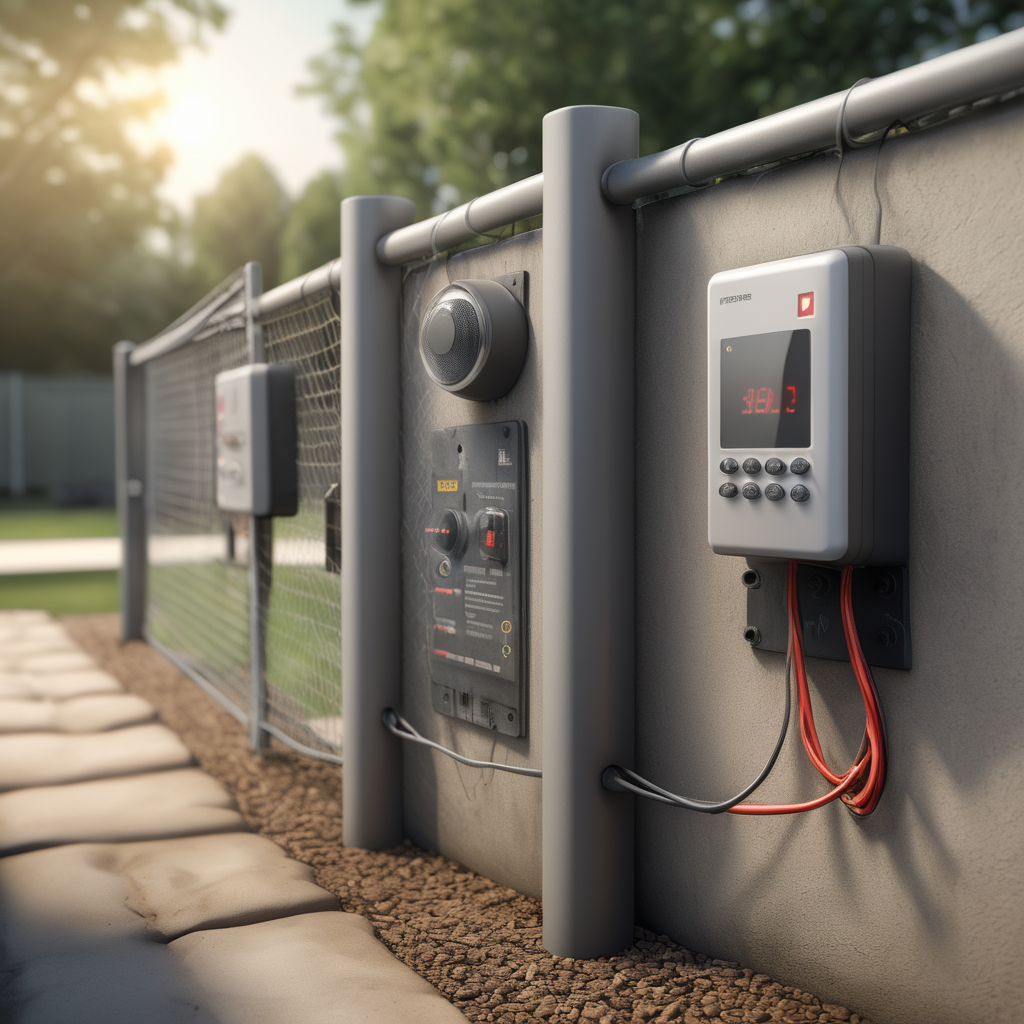Firing trip alarms, also known as trip flares or seismic detectors, are commonly used in the oil and gas industry to monitor and detect underground seismic activity. These devices employ blank 12 gauge shotgun shells as a means to generate noise and vibration upon activation. While these devices have their utility in the field, their use within city limits raises questions about safety, noise pollution, and legal restrictions. This article will explore the legal aspects of using blank 12 gauge firing trip alarms inside city limits in Texas.
Texas Law and Local Ordinances:
The primary legal framework governing the use of firearms and explosives in Texas is the Texas Penal Code, specifically Chapter 46, which addresses weapons offenses. While the Penal Code does not explicitly address the use of blank 12 gauge firing trip alarms, it does regulate the use of firearms, explosives, and other dangerous weapons. For example, Section 46.05 of the Penal Code prohibits carrying a handgun in certain places, such as schools, courthouses, and polling places. However, the use of trip alarms is not explicitly mentioned within this section.
In addition to state law, local governments in Texas have the authority to enact their own ordinances regulating the use of firearms and explosives within their jurisdictions. These ordinances may be more restrictive than state law, and they may specifically address the use of firing trip alarms within city limits. For example, the City of Houston has an ordinance that prohibits the use of firearms, including blank-firing guns, within the city limits without a permit. Similarly, the City of Dallas has an ordinance that bans the use of explosives, including fireworks and pyrotechnics, within certain areas of the city.
Noise Pollution and Nuisance Laws:
Apart from firearms and explosives regulations, the use of blank 12 gauge firing trip alarms within city limits may also be subject to noise pollution and nuisance laws. Texas has a general noise pollution statute, which is outlined in the Texas Health and Safety Code, Chapter 153. This statute authorizes local governments to regulate noise levels within their jurisdictions and empowers them to enforce noise ordinances through civil or criminal penalties. If the use of firing trip alarms generates excessive noise, it may violate local noise ordinances and result in penalties for the operator.
In addition to noise pollution laws, the use of firing trip alarms within city limits may also be considered a nuisance under common law principles. A nuisance is defined as any activity that interferes with the rights of another person to use and enjoy their property. If the use of trip alarms causes significant noise or other disturbances that interfere with the rights of neighboring property owners, it may be considered a nuisance and subject to legal action.
The legality of using blank 12 gauge firing trip alarms inside city limits in Texas is a complex issue that depends on various factors, including state and local laws, noise pollution ordinances, and common law principles. While Texas law does not explicitly prohibit the use of trip alarms, local governments have the authority to enact their own ordinances that may restrict or ban their use within city limits. Additionally, the use of firing trip alarms may be subject to noise pollution and nuisance laws if it generates excessive noise or interferes with the rights of neighboring property owners. Therefore, it is essential for individuals and companies using trip alarms within city limits in Texas to consult with local authorities and legal experts to ensure compliance with applicable laws and regulations.
References:
- Texas Penal Code, Chapter 46: Weapons. (2021). Retrieved fromhttps://statutes.capitol.texas.gov/Docs/PE/htm/PE.46.htm
- City of Houston. (2021). Article XIX. Offenses Against Public Peace and Decency. Retrieved fromhttps://library.municode.com/tx/houston/codes/code_of_ordinances?nodeId=PTIIMOOR_CH16ARXIXOAPADE_S16-19
- City of Dallas. (2021). Article XV. Fire Prevention and Protection. Retrieved fromhttps://library.municode.com/tx/dallas/codes/code_of_ordinances?nodeId=PTIICOOR_CH15FIPRPROARXV
- Texas Health and Safety Code, Chapter 153: Noise. (2021). Retrieved fromhttps://statutes.capitol.texas.gov/Docs/HS/htm/HS.153.htm

